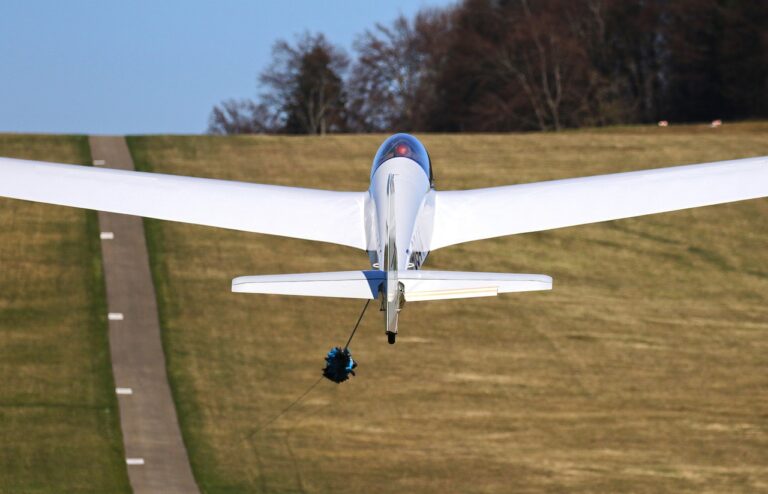Groundskeeping Strategies for Promoting Sustainable Stadium Environments: Cricbet99com, Sky11. Live login, Cricbet99 reddy anna
cricbet99com, sky11. live login, cricbet99 reddy anna: Taking care of a stadium’s green spaces is crucial not only for aesthetic reasons but also for promoting sustainability. Groundskeeping strategies play a vital role in creating a sustainable stadium environment that benefits both the environment and the community. In this article, we will explore some effective strategies for maintaining green spaces in stadiums while promoting sustainability.
Regular Mowing and Trimming
One of the primary tasks in groundskeeping is regular mowing and trimming of grass and plants in the stadium. Keeping the grass at an optimal height not only enhances the visual appeal of the stadium but also helps in water conservation. By maintaining a moderate height, grass can retain moisture better, reducing the need for frequent watering.
Natural Fertilization and Pest Control
Using organic fertilizers and natural pest control methods is essential for promoting a sustainable stadium environment. Synthetic fertilizers and pesticides can harm the soil and pose risks to the environment. Opting for natural alternatives helps in maintaining a healthy ecosystem within the stadium premises.
Water Conservation Practices
Water is a precious resource, especially in arid regions where stadiums are often located. Implementing water conservation practices such as drip irrigation, rainwater harvesting, and using drought-resistant plants can significantly reduce water usage in maintaining green spaces. Monitoring soil moisture levels and adjusting irrigation schedules accordingly can also help in preventing water wastage.
Native Plant Landscaping
Incorporating native plants in stadium landscaping not only adds to the biodiversity of the area but also requires less maintenance. Native plants are well-adapted to the local climate and soil conditions, making them more resilient to drought and pests. By choosing native species, stadiums can create a sustainable landscape that thrives with minimal intervention.
Composting and Waste Management
Managing organic waste generated in the stadium through composting is a sustainable practice that can benefit the green spaces. Compost can be used as a natural fertilizer to enrich the soil and promote healthy plant growth. Implementing a waste management system that segregates organic waste for composting can help in reducing the stadium’s environmental footprint.
Integrated Pest Management
Integrated pest management (IPM) is a holistic approach to pest control that emphasizes prevention and minimizing environmental impact. By using a combination of cultural, biological, and mechanical control methods, stadiums can effectively manage pests without relying on harmful chemicals. Regular monitoring and early detection of pest infestations are key components of IPM.
In conclusion, groundskeeping strategies play a crucial role in promoting sustainable stadium environments. By implementing practices such as regular mowing, natural fertilization, water conservation, native plant landscaping, composting, and integrated pest management, stadiums can create green spaces that are not only visually appealing but also environmentally friendly.
FAQs
Q: How often should grass in the stadium be mowed?
A: Grass in the stadium should be mowed regularly, typically once a week during the growing season.
Q: What are the benefits of using native plants in stadium landscaping?
A: Native plants require less maintenance, promote biodiversity, and are well-adapted to local climate conditions.
Q: How can stadiums reduce water usage for irrigation?
A: Implementing water conservation practices such as drip irrigation, rainwater harvesting, and using drought-resistant plants can help in reducing water usage for irrigation.
Q: What is integrated pest management?
A: Integrated pest management is a holistic approach to pest control that emphasizes prevention and minimizes environmental impact by using a combination of control methods.
Q: How can composting benefit stadium green spaces?
A: Composting organic waste generated in the stadium can provide natural fertilizer to enrich the soil and promote healthy plant growth.







